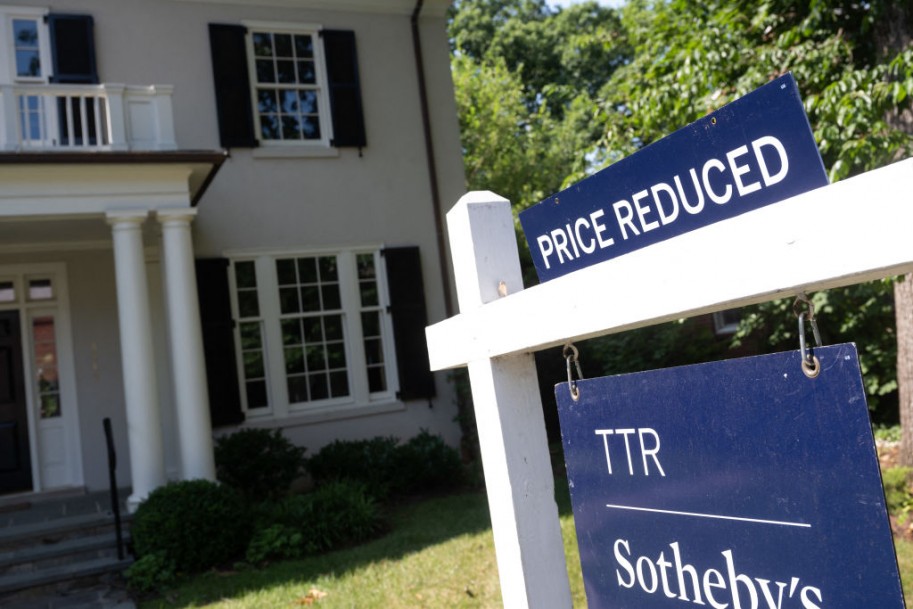
If you're in the market for a new home and don't mind a bit of elbow grease, buying a fixer-upper can be a rewarding investment. However, it's crucial to approach this endeavor with careful consideration, especially because these properties need significant work and repairs.
If you're considering buying a fixer-upper, here are four great tips to consider.
1. Location Is Everything
One of the most critical factors to consider when buying a fixer-upper is its location. A home in a desirable neighborhood can significantly impact its future resale value and overall investment potential. Before diving into a purchase, research the surrounding area. Consider factors such as school districts, proximity to amenities, and the overall safety of the neighborhood.
One easy way to research a location is by driving around and observing the rest of the neighborhood. You can also look at online listings.
2. Budget for Unexpected Costs
Fixer-uppers often come with hidden surprises, and it's essential to budget for unexpected costs. While you may have a rough estimate of renovation expenses, unforeseen issues can arise during the process. It's advisable to set aside a contingency fund to cover unexpected costs such as structural repairs, electrical issues, or plumbing problems. By planning for the unexpected, you can navigate challenges without derailing your entire budget, ensuring a smoother renovation journey.
3. Expect Extensive Renovations
Buying a fixer-upper means you'll likely be undertaking extensive renovations. It's crucial to have a realistic understanding of the scope of work required. Assess the condition of the property thoroughly and prioritize renovations based on urgency and budget constraints. Understanding the extent of renovations needed will help you plan your time, resources, and energy effectively.
Renovations generally fall under two categories: easy fixes and extensive updates. Easy fixes include patching walls, refinishing floors, fixing broken windows, and replacing doors. More extensive updates include reroofing, replacing plumbing and electrical wiring, and completing kitchen or bath remodels.
4. Get a Home Inspection
Before finalizing the purchase of a fixer-upper, invest in a thorough home inspection. A professional inspector can identify potential issues that may not be immediately apparent. From structural concerns to hidden water damage, a home inspection provides valuable insights into the property's condition. Armed with this information, you can make informed decisions about the purchase and negotiate the terms based on the necessary repairs.
READ NEXT: 5 Real Estate Negotiation Strategies Every First-Time Homebuyer Should Know













